Defence Minister Al Carns told MPs that the UK is accelerating drone production and reforming procurement to bring uncrewed systems into service faster, following lessons learned from Ukraine’s battlefield use of drones.
Responding to Conservative MP Paul Holmes, Carns said his decision to leave the military was driven by frustration at the slow pace of adaptation to modern warfare. “The lessons from Ukraine, particularly around uncrewed systems, were not being learned within our military,” he told the Commons. “Since then, the strategic defence review has stepped in, with £4 billion for autonomous systems and a new defence uncrewed systems centre. Training, tactics, procedures, doctrine and concepts are all changing to inculcate uncrewed systems.”
Conservative MP Nick Timothy highlighted a new £200 million investment by Ukrainian drone maker Ukrspecsystems, which is building a factory in Mildenhall to create 500 jobs. He urged the government to support such firms facing high energy costs and tax pressures. Carns said the new “uncrewed centre of excellence” was coordinating efforts across government to make procurement more accessible for small and medium-sized enterprises, adding that Ukrspecsystems’ drones had been used “to very high effect” in Ukraine.
Holmes also pressed the minister to uphold a promised visit to Domo Tactical Communications, a drone manufacturer in his constituency, and asked what share of UK military drones come from domestic producers. Carns confirmed the visit would go ahead and said that Britain had “increased our production of drones for Ukraine—up to 100,000 this year alone—and we are increasing the procurement of drones into the British military by thousands.”
Labour MP Anna Dixon raised concerns about access for smaller firms, citing Radio Design, a Saltaire-based company developing advanced radio-frequency technology for counter-drone systems. Carns replied that the government was prioritising industrial partnerships under the Strategic Defence Review, which devotes its first 100 pages to industry engagement and SME inclusion.
“We procured 10,000 drones in 2024,” Carns said, “and the figure has now gone up to 100,000, which are going to Ukraine to support our ally in its fight against Russia.”


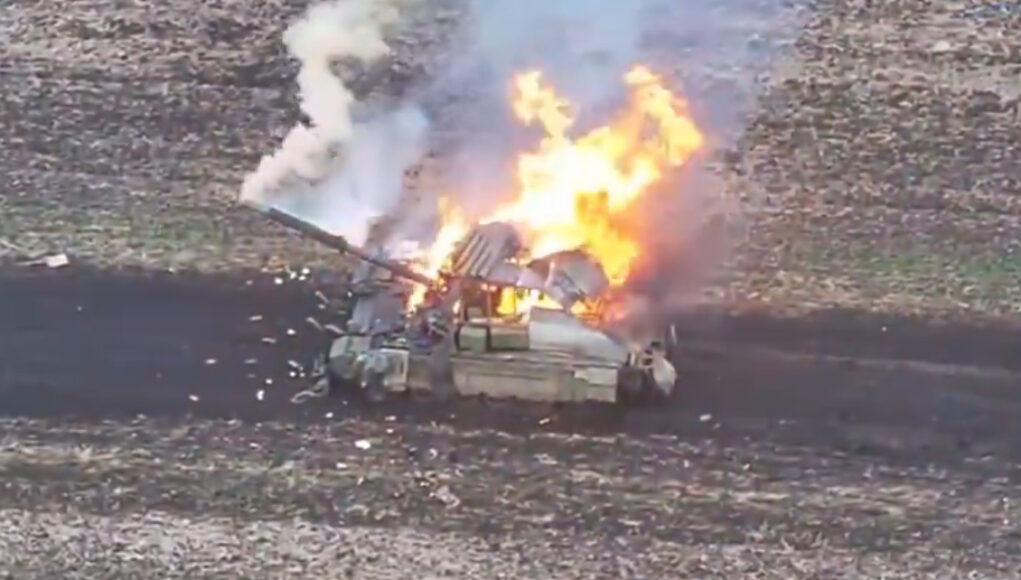
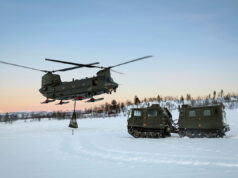


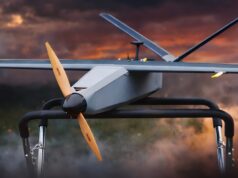
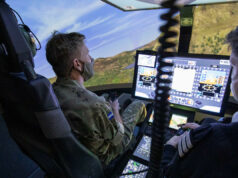
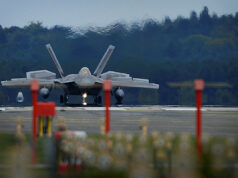
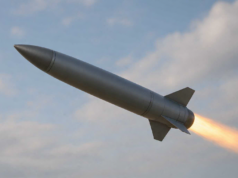




Production for us or just Ukraine? Another open ended more than one way to take it statement from the MOD. Who are the drones for and who is paying for them? i may be wrong and normally am, but stories last year were we are paying to make drones for Ukraine in the UK, there was at the time no meantion of any for the UK. Has that changed or just more mis direction MOD spin?
Most will no doubt be for Ukraine, but we have bought some.
Around 24 Stormshroud for the RAF 216 Sqn.
At least 3000 FPV to Army, unsure of type.
400 plus Modini 250 Dart one way attack Drones available for the EFP Battlegroup in Estonia. Which Army Regiment uses them I don’t know.
Hundreds of other Drones being procured to supplement Indago 4 and Stalker which were ordered a few years ago to replace Puma as TUAS.
Drone Wars UK has a good piece on UK Drone programs Martin, several are still classified.
MoD has drawn an even bigger veil of secrecy over certain areas, it’s hard to track.
To add.
Look up Asgard, there was an article about it on ukdj a while ago.
Includes Brakestop.
Going further back, MoD also bought some Switchblade loitering munitions, unsure who uses them, RM, SF, ASOB, don’t know.
Of course, we had a product in Fire Shadow a decade ago on which we spaffed hundreds of millions before cancellation.
Of course, the MIC are happy.
As always you Enlighten me again thank you, not sure who opreates most of them as no one cap badge has been highlighted yet. So even assuming who may do what is a guess i agree. I would be assumed though may be RA might get loitering drones but just as well could be infantry as they closer to front line and more in need of that type of asset. Be interesting to see what Army realy has as its a subject of the time and yet like you say not much said on it.
I think the FPV are glimg to be widespread amongst Infantry Battalions, for example I’ve seen teams from the Parachute Regiments Bns.
Modini Dart will surely be the RA.
i guessed depending on range etc the RA would control larger drones as they would need targeting data etc, that would make more sense.
Yes. What i don’t know if a specific Battery within 1 RHA or 19RA is assigned to operate them, like 26RA which has a Battery for Exactor.
They need to escalate production and research by thousands of percent!
1 Drone can take out literally millions of pounds in vehicles, aircraft, ships etc. For a few quid!
Throw as many people and production into drone development as possible!
Pull engineers from other areas, hire more, develop automated industries etc